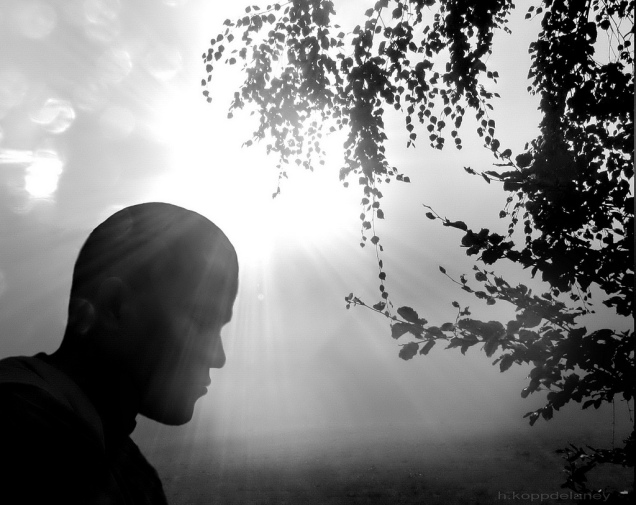Is there such a thing as being religious without a religion? Yes. In fact, religious affiliation, practice and belief now largely prevent people from being religious.
 I find it amusing whenever I hear academics cite studies that purportedly show folks are less religious than they were a generation ago, as measured by the number of people who say they attend church regularly.
I find it amusing whenever I hear academics cite studies that purportedly show folks are less religious than they were a generation ago, as measured by the number of people who say they attend church regularly.
Of course there are always caveats, but the core premise is that being “actively religious” means regular church (and to a lesser degree synagogue) attendance. (Muslims usually aren’t part of these studies, and in the present political climate mosques are often viewed with suspicion.)
There’s a new canard: “the percentage of Americans who reported being absolutely confident God exists dropped from 71 percent to 63 percent.” Given what society and the world have become, anyone who is “absolutely confident God exists” is delusional.
In any case, the religious mind has nothing to do with belief in God, but the direct, unmediated experiencing of the nameless, the numinous. Does it exist? Find out for yourself.
Op-eds such as, “Don’t Believe In God? Maybe You’ll Try U.F.O.’s,” in last Sunday’s New York Times, increase the confusion and meaninglessness in human consciousness.
They add nothing to the insight, understanding and enlightenment of humanity. Rooted in dogmatic atheism and arrogant secularism, such articles are profoundly irreligious. They subconsciously intend to harm the authentically religious mind, by conflating it with supernatural silliness and paranormal arbitrariness.
At the other end of the spectrum, where true believers reside, the current zeitgeist demonstrates that those who claim to be religious can be the most irreligious people of all. Conservative Protestants and evangelicals are Trump’s basest base. They unwaveringly supported a man who called his struggle to avoid sexually transmitted diseases while sleeping around his “personal Vietnam.”
So when people tell you they serve the Lord, ask yourself, and perhaps them, “Do you mean the Lord of Light, or the lord of darkness?
Academic psychologists inform us, “Evidence suggests that the religious mind persists even when we lose faith in traditional religious beliefs and institutions.” True, but what do they mean by “the religious mind?”
They cite another statistic that shows what they mean: “30 percent of Americans report they have felt in contact with someone who has died.”
They go on to ludicrously cite studies that indicate “the lack of meaning was associated with a desire to find meaning, which in turn was associated with belief in U.F.O.’s and alien visitors.”
This is bad science, worse philosophy, and atrocious religious investigation. It’s an insult to the intelligence of ordinary people, much less to contemplatives attempting to demystify mystical experiencing and make it available to everyone, as is our birthright.
Eggheads conflate the religious mind with New Age nonsense such as, “many paranormal beliefs involve powerful beings watching over humans and the hope that they will rescue us from death and extinction.” They thereby do a disservice to everyone, including academia.
In the end, such researchers are reduced to hackneyed rubbish: “Seeking meaning does not always equal finding meaning.”
They conclude by getting the question backasswards: “How can society satisfactorily meet people’s religious and spiritual needs?
That is the mentality of social manipulators and propagandists. A much better question is: As the “social and institutional support system” of organized religions becomes more and more dysfunctional and incapable of providing meaning, and as the darkness in human consciousness increases, what kindles the flame of the religious mind in the individual?
Having a religious mind involves listening to your thoughts in the same way you listen to the sounds in your neighborhood while sitting in the backyard on a quiet evening—without interference, judgment or evaluation.
Having a religious mind involves listening without choosing even when, especially when, the mind is chattering like a hundred monkeys. Doing so, you’ll find that the very act of inclusively attentive listening slows down thought. (Concentrating the mind on one’s breath or anything else is inimical to awakening awareness and insight.)
Keep listening, and the spaces between thoughts open and widen. Keep listening, and the mind-as-thought spontaneously falls silent.
Then there is only seeing, feeling and being without the center as ‘me.’ This is the true foundation and wellspring of the religious mind.
Martin LeFevre

